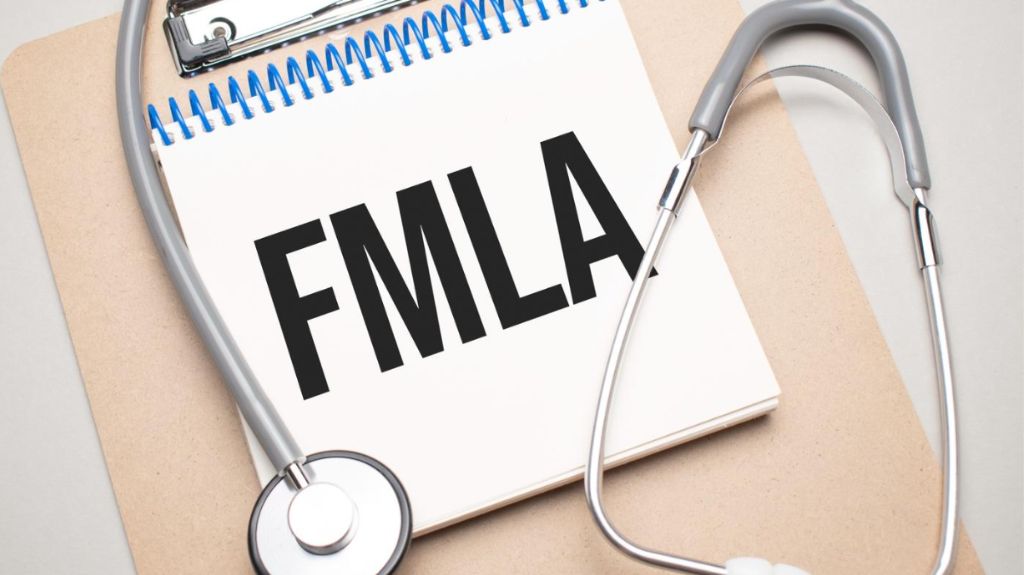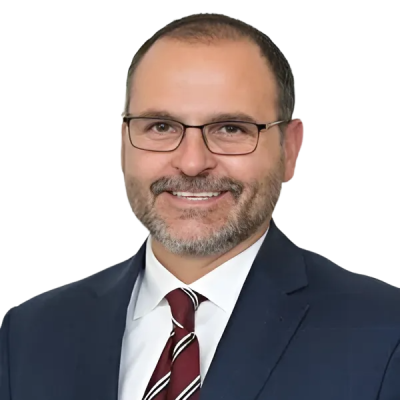The Family Medical Leave Act (FMLA) provides helpful benefits for workers. This law applies to a variety of situations related to a worker’s personal illness, and it also covers situations where a worker needs to take care of certain family members because they have suffered an injury or illness. FMLA is much broader than workers’ compensation, but the two benefits occasionally overlap in California workplaces. Using your benefits under FMLA when you are on workers’ comp might be an option in some situations. When you have concerns about your rights related to employee benefits such as FMLA and workers’ compensation in Riverside, California, consider contacting a knowledgeable California workers’ compensation attorney. Diefer Law Group can help you understand your legal rights and ensure they remain protected. Contact us at (888) 301-7795 to learn more.
Understanding FMLA in California
The Family Medical Leave Act (FMLA) is a federal law. It provides up to 12 weeks of unpaid leave for workers if they meet certain qualifications. FMLA is only available for employees who work at larger companies. A private employer must have at least 50 employees for 20 weeks or more in the calendar year for FMLA to apply. This rule has a few exceptions (such as for some elementary or secondary schools). In addition, the worker must have worked for at least 1,250 hours in the 12 months before the requested leave.
FMLA benefits provide that the employer has to hold a worker’s job open while they are on on leave, or have a similar position available after the employee returns from their leave. FMLA is most often used in the following situations:
- Pregnancy
- Adoption
- Serious injuries affecting the employee
- Providing care for a spouse, parent, or child who has a serious health condition
California also has its own version of the Family Medical Leave Act, the California Family Rights Act (CFRA). It expands the FMLA to provide Californians with additional rights for leave. Specifically, the CFRA, as the California Legislature recently amended it in 2021, covers all employers with five or more employees. It also provides an additional rationale to use the leave—for matters relating to covered active duty for spouses, domestic partners, children, or parents in the Armed Forces of the United States.
FMLA and Workers’ Compensation in Riverside, California
Workers’ compensation provides wage replacement and medical benefits if a worker injures themselves at work. In addition, if the worker suffers permanent injuries, they might also receive compensation for that as well.
When workers suffer an injury at work, they might be eligible for both FMLA (or CFRA) and workers’ compensation benefits. If the injury meets the required definition of a “serious health injury” under FMLA or CFRA, their job might be protected if the worker has to take up to 12 weeks off to recover. However, workers’ compensation provides more benefits than FMLA—which means workers might not have to use FMLA leave to take time away from work to recover from their work injury.
Do FMLA and CRFA Run Concurrently With Workers’ Compensation?
FMLA and CRFA might not run concurrently with workers’ compensation. Workers’ compensation benefits allow an employee to be off work while a doctor thinks it is medically necessary to not work (or perform light-duty work). As a result, in most situations, there is no need for a worker to take FMLA or CRFA after a work injury because a worker will have time to recover while receiving benefits from workers’ compensation.
Nonetheless, an employer might want FMLA to run while a worker receives workers’ compensation benefits. If the work injury meets the criteria under FMLA, federal law indicates that an employer might be able to count time away from work while receiving compensation benefits as time away under FMLA as well.
Why Would A Worker Want To Receive FMLA and Workers’ Compensation at the Same Time?
A worker might not be ready to return to work even if a doctor releases them to do so. In those situations, workers might want to take FMLA or CRFA leave after a work injury and after their medical leave under workers’ compensation has been exhausted.
A worker might also want to use FMLA when they are on workers’ comp if your doctor has released them to “light duty” work but they are not ready to work, even at “light duty” capacity. Those situations can be tricky, so getting advice from Diefer Law Group before you take this type of action might help you understand all of your legal options.
Can You Take Sick Leave While on Workers’ Compensation in California?
While employers are required to pay workers’ compensation benefits to employees to address medical care and a portion of their lost wages, a worker might still want to take sick leave after a work injury. Sick leave often covers the full value of a day’s work rather than just a partial payment, so there is some motivation for a worker to want to use sick time instead of receiving workers’ compensation benefits. An employer might also want a worker to take sick leave instead of receiving workers’ compensation benefits as well. If both the employer and the employee want to use sick time, it is likely a win-win.
Can an employer require a worker to take sick leave after a work injury? Maybe. In a 2003 case from the Supreme Court of California, Department of Rehabilitation v. Workers’ Compensation Appeal Board, an employer required a worker to take sick leave to attend ongoing medical appointments for treatment for a work-related injury. The Court determined that type of policy was acceptable as long as the employee would also have to take sick time for non-workers’ compensation injury treatment.
Can Employers Cancel Health Insurance While on Workers’ Compensation in?
No. The employer cannot cancel an employee’s health insurance coverage if an employee is on leave for either workers’ compensation or FMLA. In fact, this type of action might be considered a form of discrimination because a worker has asserted their rights under FMLA or workers’ compensation.
Get More Information About Your Legal Options for FMLA and Workers’ Compensation
Every situation is different, so the answer to whether you should use FMLA when you are on workers’ comp might be different for you as compared to your co-worker. Learn more about your options from an FMLA and workers’ compensation attorney in Riverside, California. Call Diefer Law Group for more information at (888) 301-7795.








